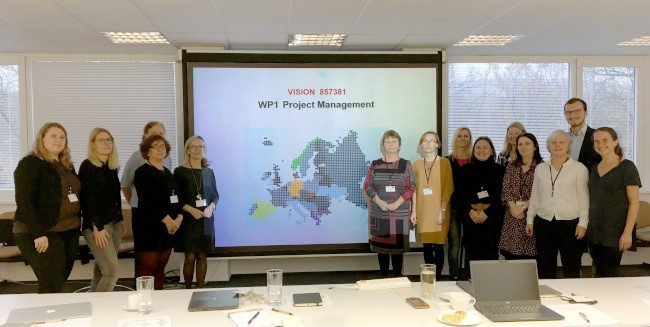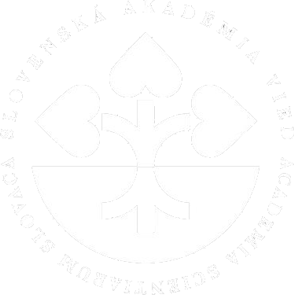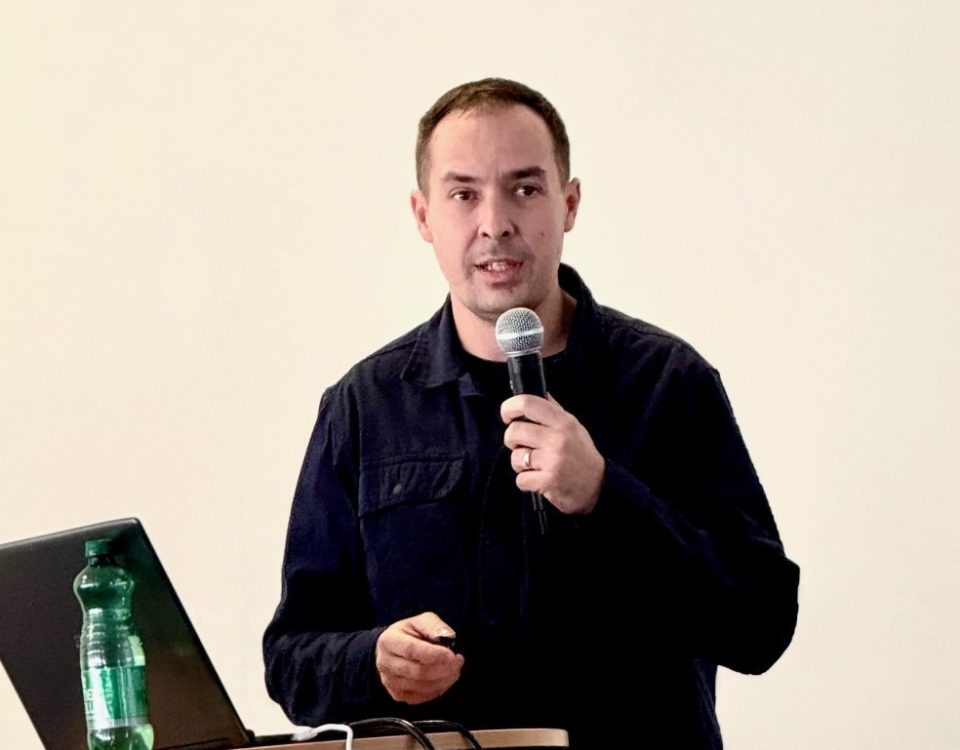This website uses cookies so that we can provide you with the best user experience possible. Cookie information is stored in your browser and performs functions such as recognising you when you return to our website and helping our team to understand which sections of the website you find most interesting and useful.
INVITED LECTURES: New approaches and advances in the diagnosis and treatment of pancreatic cancer

VISION kick-off meeting, Bratislava, November 20 - 21, 2019
We invite you to a series of lectures focused on pancreatic cancer. Reputable scientific and clinical specialists from Spain will focus on pancreatic ductual adenocarcinoma and advances in the diagnosis and treatment of this malignant disease. The lectures will be held in English at two-week intervals beginning on Wednesday, October 14, 2020. Due to the pandemic situation, the lectures will take place online.
Dates and topics of lectures:
14. 10. 2020 o 14.00 hod. – Prof. Alfredo Carrato, Head of Medical Oncology, Ramón y Cajal University Hospital, Madrid, Spain
Future approaches of pancreatic ductal adenocarcinoma
Although pancreatic ductal adenocarcinoma (PDAC) is not so frequent, it is the third leading cause of cancer death. As it shows non-specific symptoms it is diagnosed late and only 20% of patients are surgery candidates. Tumor recurrs locally or distantly after surgery in two thirds of them. Only 5% of PDAC patients survive 10 years. Targeted therapies have not yet proven their efficacy and treatment prescribed consists of chemotherapy combinations. (more information)
28. 10. 2020 o 14.00 hod. – Dr. Julie Earl, Molecular epidemiology and predictive tumor markers group, Ramón y Cajal Health Research Institute (IRYCIS), Madrid, Spain
Advances in familial pancreatic cancer
The prognosis of patients diagnosed with pancreatic cancer (PC) is dismal with a 5 year survival rate of around 5% as the majority of patients present with advanced disease. Very few risk factors have been identified, although there is good evidence to suggest that smoking, obesity, a family history of pancreatic cancer, pancreatitis and diabetes increase pancreatic cancer risk. Sporadic PC occurs worldwide at an approximate frequency of 1 in 10,000 people. However, the risk of developing PC increases according to the number of affected family members, the standard incidence ratio is 4.6 with one affected family member to 32 with three affected family members. Familial pancreatic cancer (FPC) is defined as a family with at least one pair of affected first degree relatives and an estimated 4-10% of pancreatic cancers diagnosed have a familial background. Approximately 10–13% of FPC families carry germline mutations in BRCA2, PALB2, ATM, CHEK2, CDKN2A, Lynch syndrome mismatch repair genes, Fanconi anaemia related genes and PRSS1 and SPINK2 (hereditary pancreatitis), among others. The understanding of genetic basis of hereditary pancreatic cancer has important implications for the identification of true high-risk individuals in order to optimise secondary screening strategies.
11. 11. 2020 o 14.00 hod. – Dr. Laura Garcia Bermejo, IRYCIS
Molecular and Cellular mechanisms/biomarkers in PDAC
Pancreatic ductal adenocarcinoma is a fatal disease that presents metastases at diagnosis in most of the cases leading to cancer-associated death. Mutations in drivers’ genes including KRas, CDKN2, Tp53 and SMAD4 and DNA repair genes have been already linked to pancreas cancer development. Pancreatic cancer cells possess properties of plasticity highlighting the epithelial mesenchymal transition and pluripotency genes as critical mediators in pancreas cancer development and progression. Both, EMT and plasticity could be responsible of the limited efficacy of current treatments. Additionally, microRNAs (miRNAs) small non-coding RNAs that regulate the expression of multiple messengers in the post-translation process emerge as promising biomarkers for prognosis, patient stratification and response to advanced pancreatic therapies. Profiling of deregulated miRNAs in pancreatic cancer can contribute to accurate diagnosis and molecular subtype characterization as well as indicate optimal treatment and predict response to therapy. Furthermore, understanding the main effector genes upon miRNAs regulation can also identify miRNAs as potential therapeutic candidates. However, obstacles to the translation of miRNAs into the clinical practice should be also considered, therefore validation of the profiles and the specific role of miRNAs in pancreas cancer development and progression are required for real clinical application.
Lectures are primarily intended for the professional public, doctors, physicians, and scientists.
Please register via the project VISION website: http://vision.sav.sk/invited_lectures.html
More information about the lectures on the project VISION website http://vision.sav.sk/ in the section Invited Lectures.
FACEBOOK: https://www.facebook.com/Vision-102346161313928/
https://www.facebook.com/bmcsav/
RNDr. Alena Gábelová, CSc., Project Coordinator
alena.gabelova@savba.sk; 02 / 322 95 177
Mgr. Božena Smolková, PhD., Scientific Project Manager:
bozena.smolkova@savba.sk; 02/ 322 95 138
Photo source: http://vision.sav.sk/photogalery.html

Project VISION has received funding from the European Union’s Horizon 2020 Research and Innovation programme under grant agreement No 857381.







